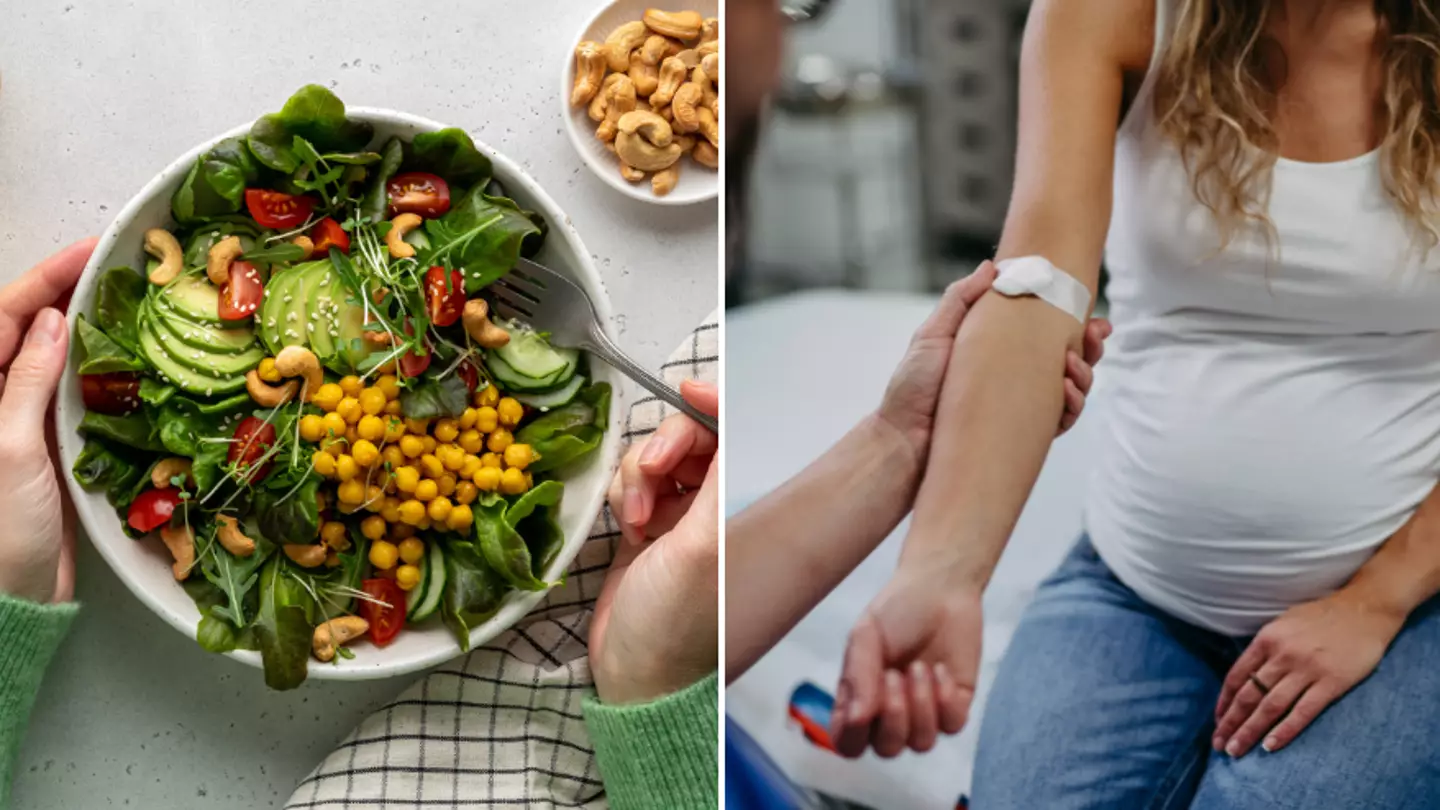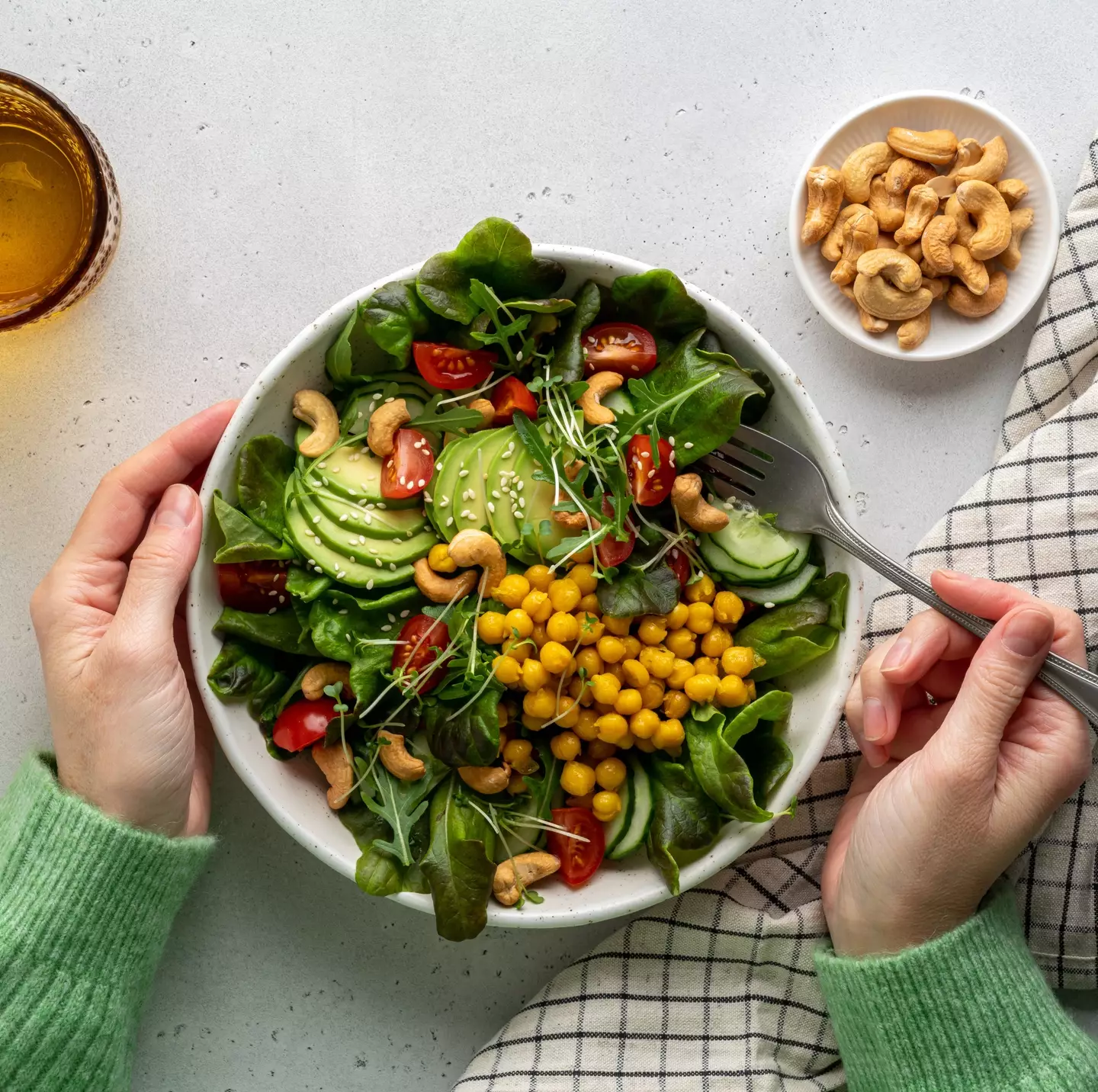
If your body feels as though it’s not performing like it used to, your diet might be the cause of your ailments.
Do you feel like something’s off, but you don’t know what it could be?
It might be what you’re putting into your body.
Believe it or not, good food isn’t always healthy for you, and it can do a lot more damage than good.
Advert

Sure, splurging on the occasional fast-food item isn’t too bad, but if you find that you’re experiencing these below problems, you might need to re-evaluate what you’re putting into your body.
That’s because these symptoms point to an iron deficiency.
Iron helps to carry the oxygen around your body and impacts a number of other functions too.
It is estimated that around 3 percent of men and 8 percent of women have iron deficiency anaemia in the UK, according to the National Institute for Health and Care Excellence.
The NHS explains how iron-deficiency or anaemia can present awful symptoms for those suffering.

If you feel any of the below, it could mean that you need to start adding some variety your meals:
- Fatigue and weakness
- Pale skin
- Shortness of breath
- Brittle nails
- Hair loss
Because we get iron from what we eat (mainly leafy greens, red meat and cruciferous veg), it can be easy for people who have less variety each day to miss out on their daily amount.
Cara Shaw, nutritionist for liquid iron supplement brand BlueIron, explained why iron is so necessary for our bodies.
She told The Sun: "Iron is vital for haemoglobin production - a protein that helps to transport oxygen around the body - and a is a vital component of energy production.
"Without enough iron, your body cannot supply enough oxygen to the cells nor produce enough energy."
It could also present even more symptoms which could make it difficult for you to go about your day-to-day such as tiredness, concentration issues, memory problems, a sore tongue, cuts that take longer to heal, sores in your mouth.
You could also have restless legs syndrome and pica syndrome, which will see you having the urge to fidget your legs and eat non-food items.

If you want to help your symptoms and boost your iron levels, there are a few things you can do.
For example, you could eat more leafy greens and meat, like curly kale, watercress, cereals which are fortified with iron, dried fruit and lentils.
You can also drink less tea and coffee, as they may also make it harder for your body to absorb iron. Or you could try iron supplements.
Cara told The Sun: "Supplementation is a convenient and effective way to boost levels quickly if someone is suffering from iron deficiency anaemia.”
If you have found that you’ve been ticking all of the boxes and believe that iron could be your problem, speaking to a GP will help you to find out all of the available resources.
But taking note of the advice above can also get you feeling back to yourself.
Topics: Health, NHS, Food and Drink
